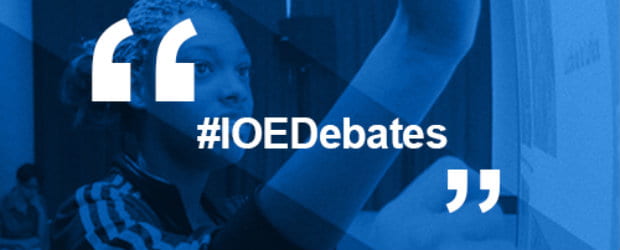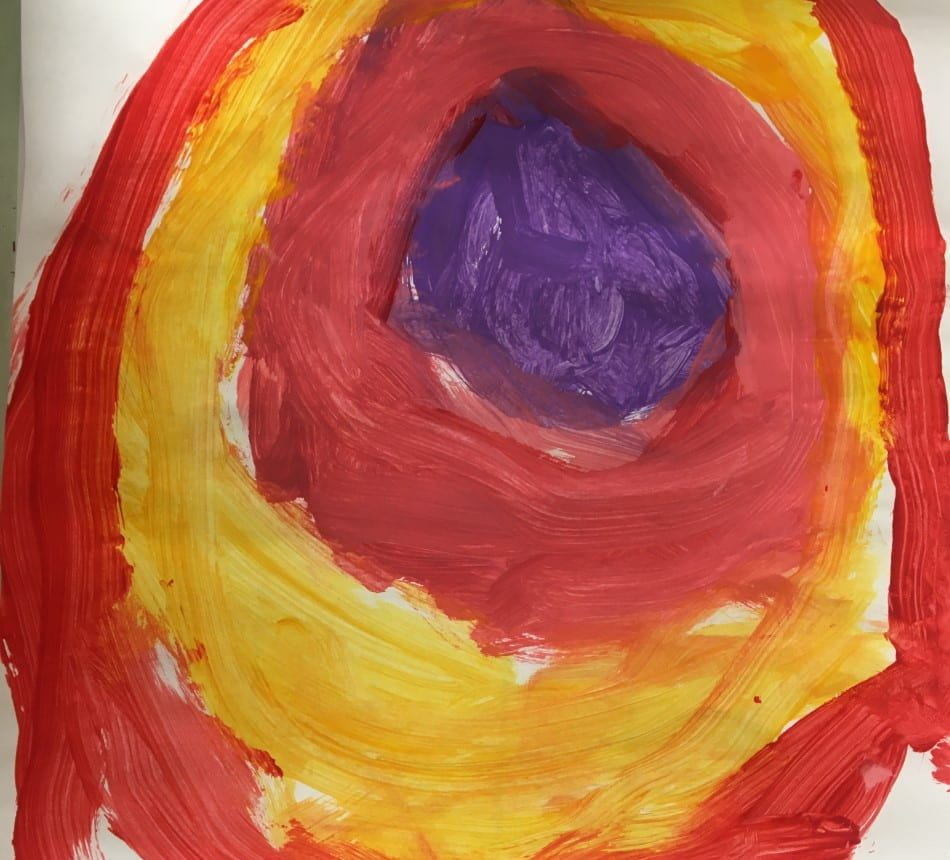Belonging part 4: Zero tolerance or compassion – which way is school leadership heading?
By Blog Editor, IOE Digital, on 20 July 2022

Pupils from Flakefleet Primary audition for Britain’s Got Talent, with headteacher Dave McPartlin in the background (screenshot)
20 July 2022
If you want a few moments of unbridled joy, watch Flakefleet Primary School, Fleetwood perform their 2019 audition for ‘Britain’s Got Talent’. Next, dip into Michele Obama’s autobiography Becoming and find out about one of her favourite schools, Elizabeth Garret Anderson (EGA), and why it ‘touched her heart’ (p.320). This exploration will give you some insights into the leadership of Flakefleet and EGA.
Scanning the leadership terrain of late, I have been trying to make sense of what is going on. Two widely different models of school leadership seem to be emerging at opposite ends of the spectrum. One is relational and compassionate and focused on belonging; the other is about command and control, with ‘zero tolerance’ of misdemeanours. Each approach reflects a different view about what motivates people in an organisation. Broadly speaking these are that people want to contribute and be part of an enterprise versus that they are unwilling to deliver and need to be closely supervised.
In the Podcast Zero tolerance or a sense of us we brought together the headteachers of Flakefleet Primary and EGA (Dave McPartlin and Jo Dibb) to talk about their leadership. The conversation is electric. (more…)
 Close
Close





